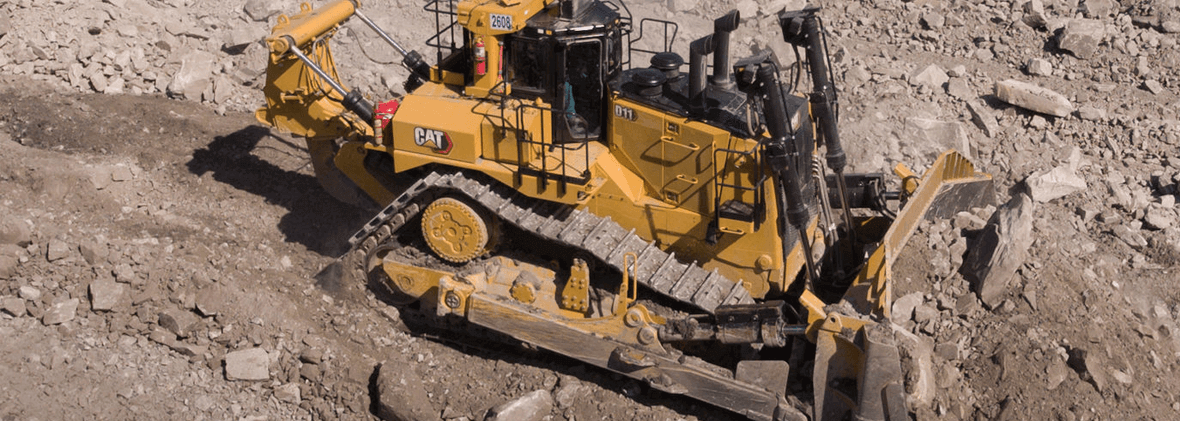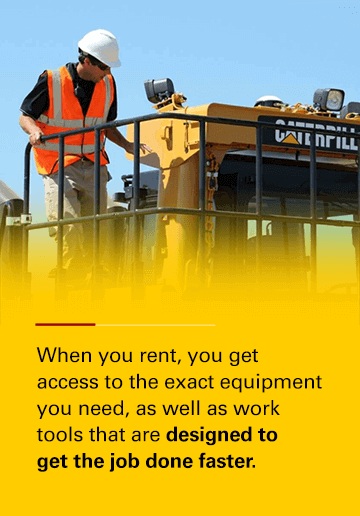
Ultimate Guide to Renting Earthmoving Equipment
Earthmoving equipment is essential for construction, landscaping, and mining projects. Renting gives you the flexibility, performance, and cost savings you need to stay productive without the high costs of ownership. This guide explores the most common applications, top equipment rental options, benefits of renting, and how to select the right machine for your job.
Earthmoving Equipment Applications
Earthmovers are used across industries to complete tough tasks efficiently:
Construction: Dig foundations, trench for utilities, grade lots, and prepare sites. Explore more about general construction.
Landscaping: Clear brush, dig planting holes, haul gravel, and remove stumps. See forest and landscaping equipment.
Mining: Extract and haul materials for open-pit or surface operations. Learn more about mining applications.
Top Earthmoving Equipment Rentals
1. Dozers
Explore dozer rentals. For more detail, see types of dozers.
Uses: clearing debris, grading, breaking ground
2. Excavators
Excavator rentals.
Uses: digging foundations, trenching, and demolition
3. Backhoe Loaders
Backhoe loader rentals. Uses: multi-purpose digging and loading
4. Wheel Loaders
Wheel loader rentals. Uses: backfilling, moving soil, clearing sites
5. Compact Track and Multi-Terrain Loaders
Compact track and multi-terrain loader rentals. Uses: multi-purpose site prep
6. Skid Steer Loaders
Skid steer loader rentals. Learn skid steer history. Attachments: work tools. Uses: multi-purpose site prep
7. Motor Graders
Motor grader rentals. Uses: roadwork, finish grading, compacting lots.
8. Trucks
Options: articulated trucks, dump trucks and water trucks. Uses: multi-purpose site prep.
Four Benefits of Renting Earthmoving Equipment
1. Lower costs: no financing, storage, or insurance
2. Flexible contracts: daily, weekly, long-term options
3. Wide selection: well-maintained, modern equipment
4. Try before you buy: test machines first
Choose The Cat® Rental Store for Earthmoving Equipment
Visit global locations.
Find the Cat Rental store near you.
Find The Cat Rental Store Near You
